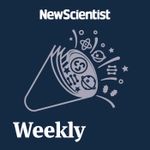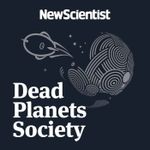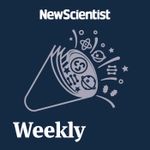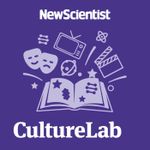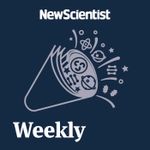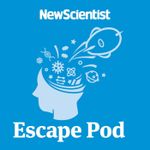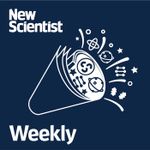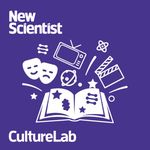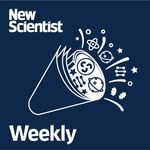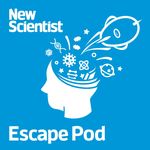#124: Lopsided universe; solar activity affects heart health; hero rats trained for rescue missions
If you like things orderly, we have bad news for you - our universe is lopsided. Based on everything we know about gravity and the early universe, we’d expect galaxies to be distributed symmetrically - but they’re not. Something spooky’s going on, and the team searches for answers.
The activity of the Sun may be affecting our heart health. Sometimes the weather on the Sun gets a little chaotic, and the team discusses new research that suggests these solar storms are messing with our heart rhythms, raising the risk of heart attacks.
African pouched rats are being trained as heroes. Donning special little backpacks, they will use their keen sense of smell to go on search and rescue missions. The team explains why they’ve been chosen for the task.
Last September El Salvador became the first country to make cryptocurrency legal tender. But with the value of Bitcoin and other cryptocurrencies plummeting, the team examines what the future holds.
Covid-19 is proving resilient, and as new variants of omicron emerge, infection rates still remain high. As omicron is milder than its predecessors, the team asks whether we should still be worried about the disease, and they find out how it may continue to evolve.
On the pod are Rowan Hooper, Penny Sarchet, Michael Le Page, Corryn Wetzel, Leah Crane, Jacob Aron and Alice Klein. To read about these stories and much more, subscribe at newscientist.com/podcasts.
Events and discount codes:
InsideTracker: insidetracker.com/NewScientist
New Scientist Live Event: newscientist.com/childhood
20% Discount: newscientist.com/pod20
Hosted on Acast. See acast.com/privacy for more information.
